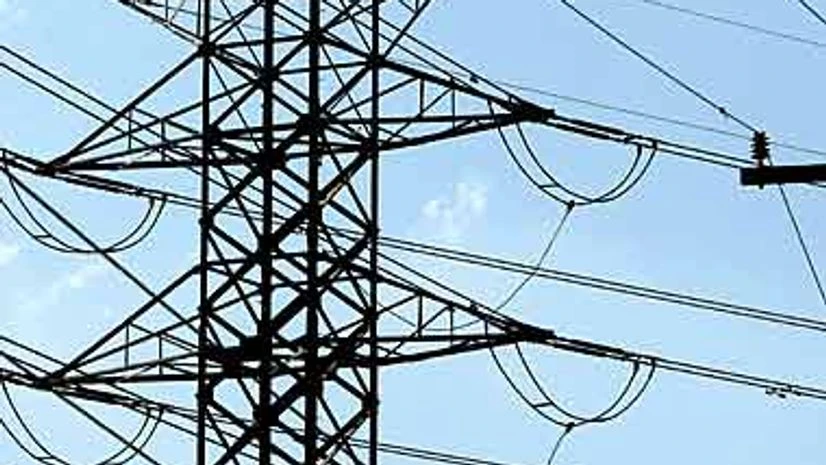A dozen power generating companies (gencos), state-owned PowerGrid Corporation of India (PGCIL), and state electricity boards are fighting over the definition of 'stranded transmission lines' and charges levied on the gencos for surrendering transmission routes.
In a recent hearing at the Central Electricity Regulatory Commission (CERC), the Central Transmission Utility (CTU) - owned and managed by PowerGrid - submitted it is unable to calculate charges levied on the gencos when they surrender a particular transmission line. CTU was also unable to define whether such a line is a stranded capacity or not.
The CTU currently levies Rs 40 lakh per Mw as relinquishment charges from any generating company that surrenders a transmission network due to either lack of power demand or change of power supply plan. These charges are continued to be levied for 12 years counting it as stranded even though it might be put to use for some other gencos.
More From This Section
| STRANDED CAPACITY |
|
The power companies impleaded by CTU, which are affected by the relinquishment charges are in north, east and west regions are Essar Power, Jindal India Thermal Power, Jaiprakash Ventures, GMR Energy, Lanco, MB Power, and KSK Mahanadi.
The companies, in their submissions, have unanimously questioned the modus operandi of calculation and the amount of relinquishment charges. The submissions, reviewed by Business Standard, also have raised a question on how a transmission line can run empty when it is part of a common network.
A senior executive said, "For all these years, we have been paying Rs 80-90 crore annually for not using a line and we are supposed to pay this amount for 12 years. The relinquishment charges should not be levied as in an intermeshed network, there is no stranded capacity or empty line."
CTU, in its submission, said it was facing difficulties in "identification of utilised and non-utilised transmission elements in a meshed network. Hence, the determination of the elements in a meshed network which shall get stranded cannot be known."
A senior CTU official said generation has become so dynamic that the transmission plan keeps changing and, hence, the generation company is liable for any change in the transmission plan. "We don't know which and how much generation will come where. This makes identification of stranded capacity difficult and questionable. But penalty can very well be calculated," said the official.
"PGCIL has never calculated the loss it faces due to the lines surrendered. Hence, such charges are unreasonable and arbitrary," said the executive in a power generation company. "It is also a case of windfall gains by a public sector unit."
CERC has formed a committee to suggest a methodology to assess stranded capacity and the mode of charging relinquishment charges. CERC officials said there is a likelihood of change of definition of stranded capacity in the regulations.

)
